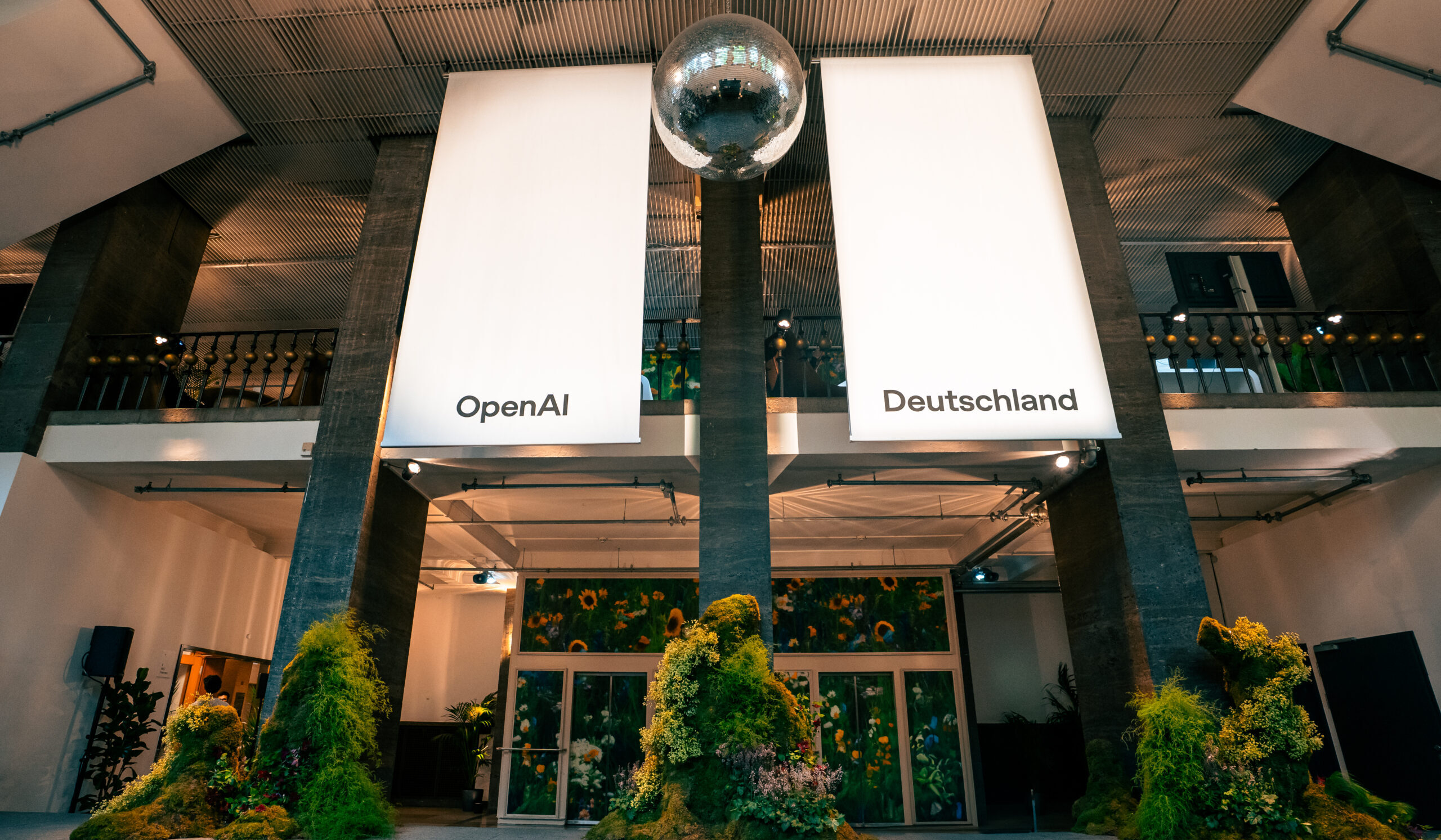Here's how Germans use ChatGPT according to OpenAI

OpenAI has released usage data for ChatGPT in Germany for the first time, revealing that people mainly rely on the chatbot for writing tasks and education. The company shared these insights to coincide with the opening of its first German office in Munich.
Germany has become a key market for OpenAI. At the opening of its first German office on May 22, 2025, the company shared figures showing that more people use ChatGPT in Germany than in any other European country. Globally, Germany ranks among the top three markets for paid ChatGPT subscribers.
Between April and May 2025, the number of weekly active ChatGPT users in Germany increased by 20 percent, according to OpenAI. Worldwide, ChatGPT now has over 500 million weekly users who send about one billion messages every day.
The most common ways Germans use ChatGPT are "writing and editing," followed by "tutoring and education," and "advice and instructions." Other top use cases include coding and development, image creation, personal writing, relationship advice, translations, health and fitness tips, and brainstorming.
German companies are integrating generative AI into daily work
Several large organizations in Germany are bringing generative AI into their daily workflows. The Sparkassen Group has signed a framework agreement that will give 300,000 employees access to ChatGPT. DKB says it is using "agent-based workflows" to reduce the workload for staff.
Online retailer Zalando is developing a digital shopping assistant powered by GPT-4o mini, according to OpenAI. Berlin fintech Raisin is using ChatGPT Enterprise to automate business processes.
Smaller companies and startups are also adopting OpenAI's models. Doinstruct uses GPT technology to generate training materials for employees with language barriers, claiming measurable reductions in workplace accidents. The startup Choco uses Whisper to transcribe food orders and GPT-4o to clean up data, aiming to reduce food waste.
Munich becomes OpenAI's German hub
OpenAI's new Munich office launches with a team of more than ten people specializing in engineering, communications, policy, go-to-market, and enterprise solutions. The company is keeping the exact address confidential for safety reasons.
OpenAI says Germany is home to the largest community of API developers outside the US using its technology—a key reason for choosing Munich as its German base.
At the opening, Nick Turley, OpenAI's Head of ChatGPT Product, outlined a vision for ChatGPT as a "super assistant"—a system built not just to answer questions, but to actively take on tasks in everyday life, work, and education. He said that with GPT-5, OpenAI is developing a model that will be able to autonomously decide which tools are best suited for a given task. This reflects earlier statements from OpenAI leadership about the evolution of ChatGPT and plans for GPT-5.
AI News Without the Hype – Curated by Humans
As a THE DECODER subscriber, you get ad-free reading, our weekly AI newsletter, the exclusive "AI Radar" Frontier Report 6× per year, access to comments, and our complete archive.
Subscribe nowAI news without the hype
Curated by humans.
- Over 20 percent launch discount.
- Read without distractions – no Google ads.
- Access to comments and community discussions.
- Weekly AI newsletter.
- 6 times a year: “AI Radar” – deep dives on key AI topics.
- Up to 25 % off on KI Pro online events.
- Access to our full ten-year archive.
- Get the latest AI news from The Decoder.